As a young adult I understand the meaning of peer pressure very well. The feeling of fitting in, sometimes doing things against your will and sometimes loosing so-called friends because you do not want to participate in certain activities that your peers are trying to convince you to take part in.
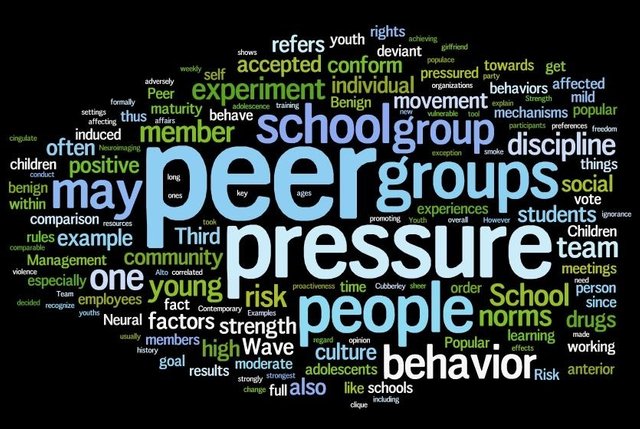
Being young is not always easy and we tend to make a lot of mistakes
Sometimes through your own decisions and sometimes because we have such an overwhelming desire to belong, that we do not think of the consequences.
Peer pressure is not something that you will only find among teenagers and young adults, it is found in every age group, from preschool to high school to adulthood. It is just the way you deal with it that will differ.
Nobody wants to feel excluded or be called the wet blanket or party pooper, but being true to one self is much more important, and it is only once you find yourself and know exactly who you are, or what you believe in and who you want to be, that you can truly stand up to peer pressure.
We all need peers - but the positive ones
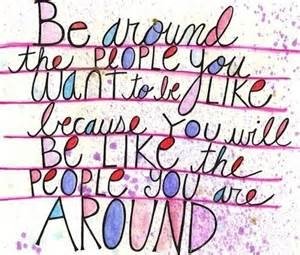
It is very important for all children to have friends. They help you on your way to adulthood, they show you how to get along with others and also to establish your own personality.
Finding the right peers to hang out with is the key to this all. A group of friend that will accept you for who you are, that will encourage you and stand by you and respect your decisions, not cast you aside because you are not doing what they want, but respect you, because you can make up your own mind and stay true to yourself. These are the type of positive peers you want to surround yourself with.
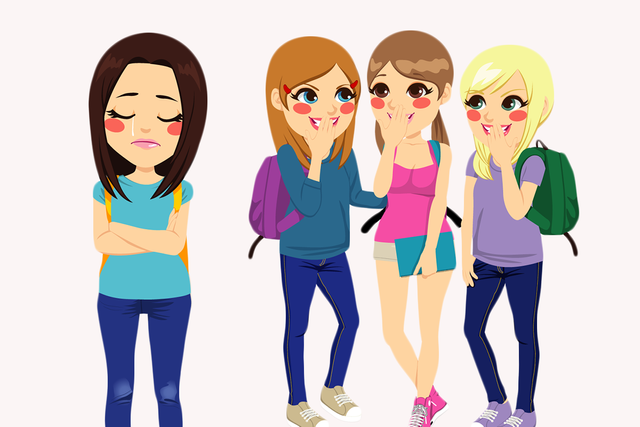
If a parent starts teaching children from a young age that it is OK to be yourself, make your own decisions and speak out against things you do not feel comfortable with, the child will have a good self-esteem and it will be easier to stand up against peer pressure and say no to negative influences.
Most children give in to peer pressure because they have a fear of being left out or their self-esteem is so low that they only feel worthwhile through the acceptance of their friends.
You as a parent cannot deny your child to be part of a group, and raise them in a cocoon and hope they will never have to make any of their own decisions.
It is very important to be part of a group.
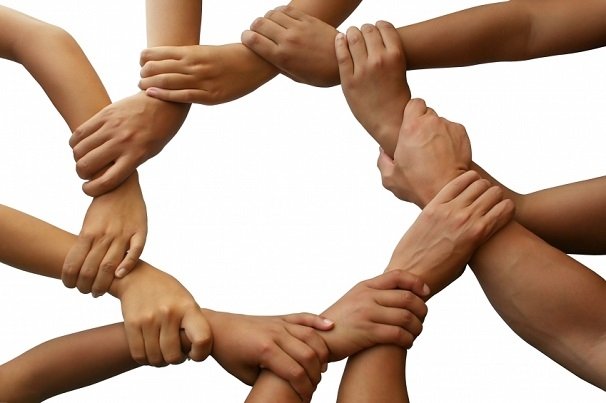
People are pack animals and we are not made to live this life alone, so being part of a group is very important. We learn to communicate with people of our own age and people seeing things the same way as we do, we can make new friends that has the same interests as we have, a group gives us a sense of belonging, it improves our ability to make our own choices and when we are older it can even teach us to date and most importantly increase our skills to think for ourselves and become independent.
Why will it worry parents that children are part of a group?
For a parent it is not always easy at letting go - Your child is becoming a teenager and spending less and less time with the parents. This can be a problem for them, since they will feel that they do not have so much control over the child anymore, but on the other hand parents must learn to trust that they have taught their child right from wrong and now it is time for the child to encounter situation in which he/she will make their own decisions.
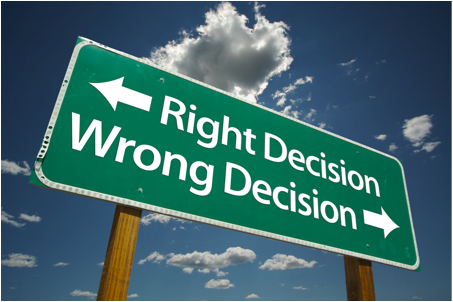
Young people will rather seek advice from their peers, especially on sensitive or embarrassing topics. You as a parent must make sure that you are open for any discussion and will listen and make them feel save. In this way is child will feel it is fine to come and talk to you, without receiving any judgement.
Teenagers feel that in order to "discover" themselves, they need to take risks. Sometimes these risks can be negative like encountering drugs and alcohol, but a lot of time if they move in the right group it can be positive risks that can also teach them certain things like learning new skills or building their confidence and letting them find new interests.
Even adults can have difficulty going against their peers, but once again it has been proven that if a person is more confident or happy with themselves it will be easier for them to say NO to peer pressure that they do not feel comfortable with.
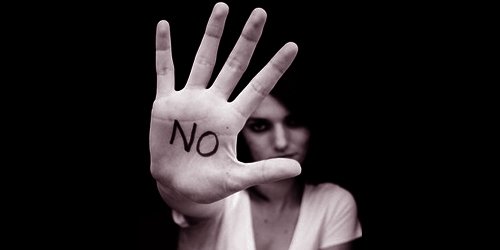
Young people will explore and try and find their place in this world and develop values of their own and start their own independent thinking. This may be very difficult for parent to accept, but this is an important stage for all young people and at the end it can help them to cope better with peer pressure.
What can a parent do?

Start from an early age and discuss and instill your values, Do not be judgemental and also give your child the opportunity to give his opinion about certain values and decisions. Be a good role model and speak to them often and make sure they understand that you are always there to give advice or help.
Make sure you strengthen your teenager's self esteem by praising them if they make good decisions, help them if they make wrong decisions and do not just judge or ridicule them - talk to them and explain why you think there are better options,
Encourage your child to make friends with people from all walks of life and encounter different situations in which they can then decide which ones fits in with their values and which ones does not.
Talk to them about decisions that they will have to make and that sometimes we do not fit in to a group and we must be prepared to say NO. Tell them if they feel uncomfortable in a group that it is their right to leave or it is fine if they blame it on their parents and say something like My mom has decided that I may not hang out with you any more.
Teenagers do not always get the best advice from their peers, so make sure your child knows that you are open to any discussions and will always be honest with them and give them the right information.
If your child has friends that are important to them, make sure you get to know them and invite them over and if possible, also get to know their parents.
Make sure that your child understands that it is not possible to always have everything that their friends has or is advertised in the media and that is fine - your child must understand that a person's self-worth is not determined by worldly goods.
What if they are hanging out with the wrong group?
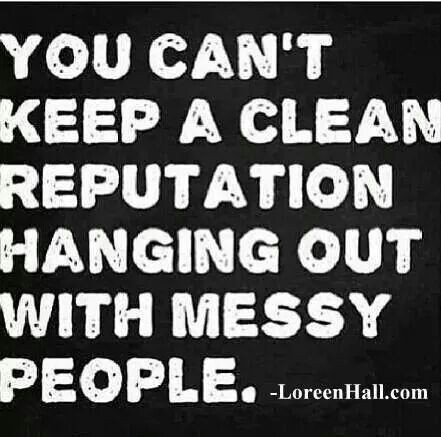
It is very important that your child understands that hanging out with the wrong crowd will not only damage their credibility, but will also make it more difficult to stand up against peer pressure.
Help them find a group with whom they share similar interests.
If they do not want to talk to you about the difficulties they are experiencing in their group, encourage them to speak to another adult they can open up to.
It is truly not easy growing up or being a teenager or even an adult.
Peer pressure is something that always follows us, but if you have a support system and a good self-esteem and you believe in yourself and do not worry about just fitting in, you will be able to withstand this.
You can also watch the video on how to help your kids cope with peer pressure

